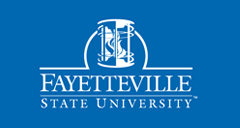Abstract
This study focuses on the position of mother languages in Greek education at the level of educational policy, demonstrating the necessity of their further emergence based on modern scientific findings on the benefits of bilingualism. Through an effort to record a set of obstacles that make it difficult for them to join the curriculum, a framework is proposed to be used for the language repertoire of all pupils, so that their rights are respected in practice and their linguistic richness serves as a source of enrichment for the whole population. The implementation of practices that could enhance the free and equal expression of members of a multilingual and multicultural classroom can thus be supported, initially, by the institutionalization of the function of classes, where the different languages of immigrants and refugees living in Greece will be taught. At the same time, the promotion of teaching strategies focusing on the use of all spoken languages and dialects, even in conventional classes, can contribute to the strengthening of intercultural communication and the most essential development of linguistic skills of all pupils, through the process of critically negotiating a variety of cultural products.
Recommended Citation
Foulidi, Xanthippi; Oikonomakou, Marianthi; and Papakitsos, Evangelos C.
(2019)
"Language Diversity in the Greek Educational System: Promoting Multilingual Classroom Policies,"
Journal of Research Initiatives: Vol. 5:
Iss.
1, Article 6.
Available at:
https://digitalcommons.uncfsu.edu/jri/vol5/iss1/6
